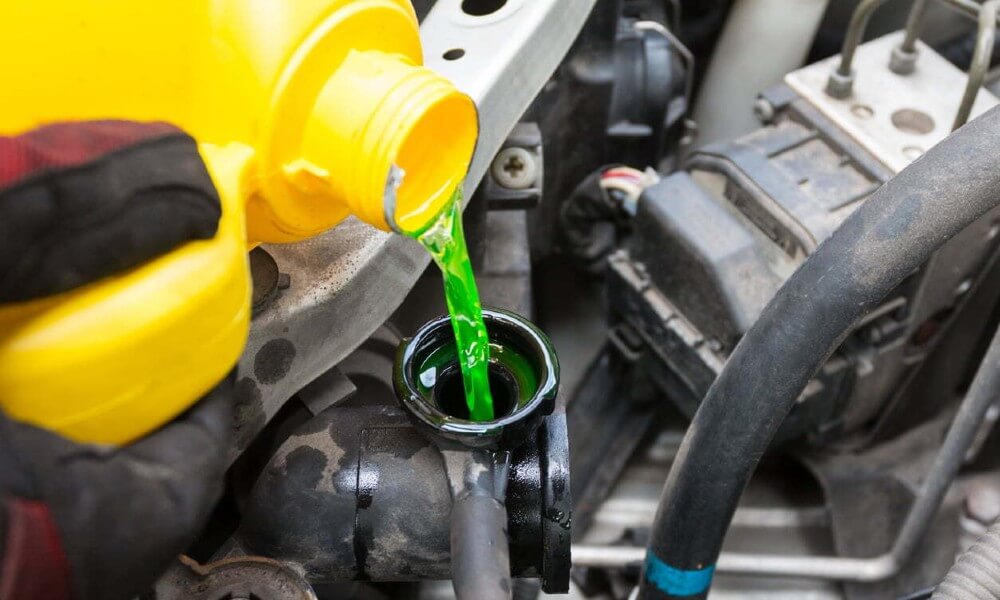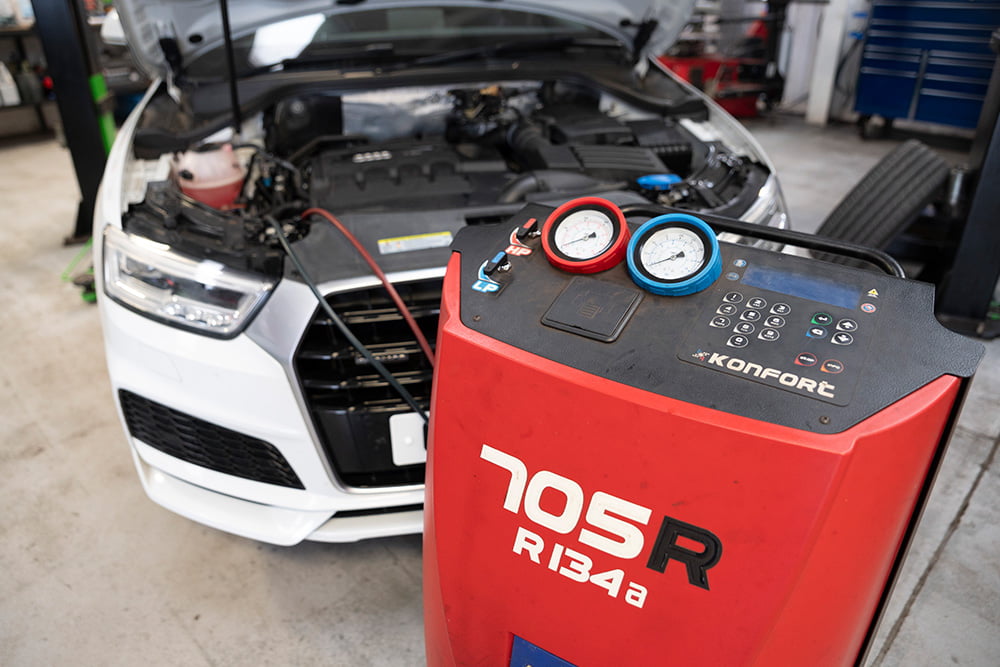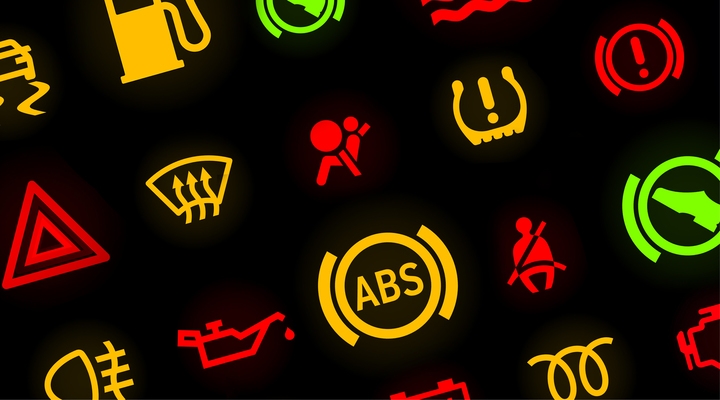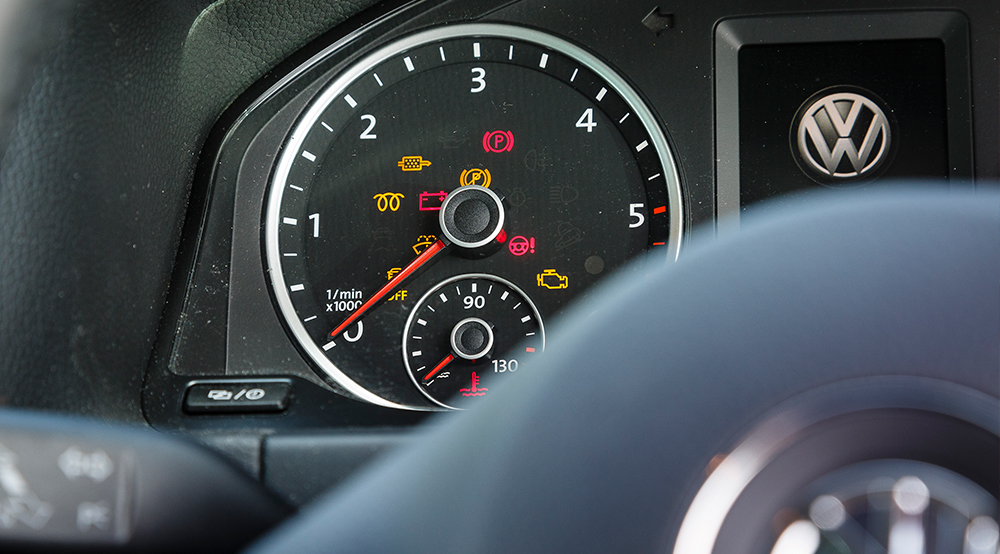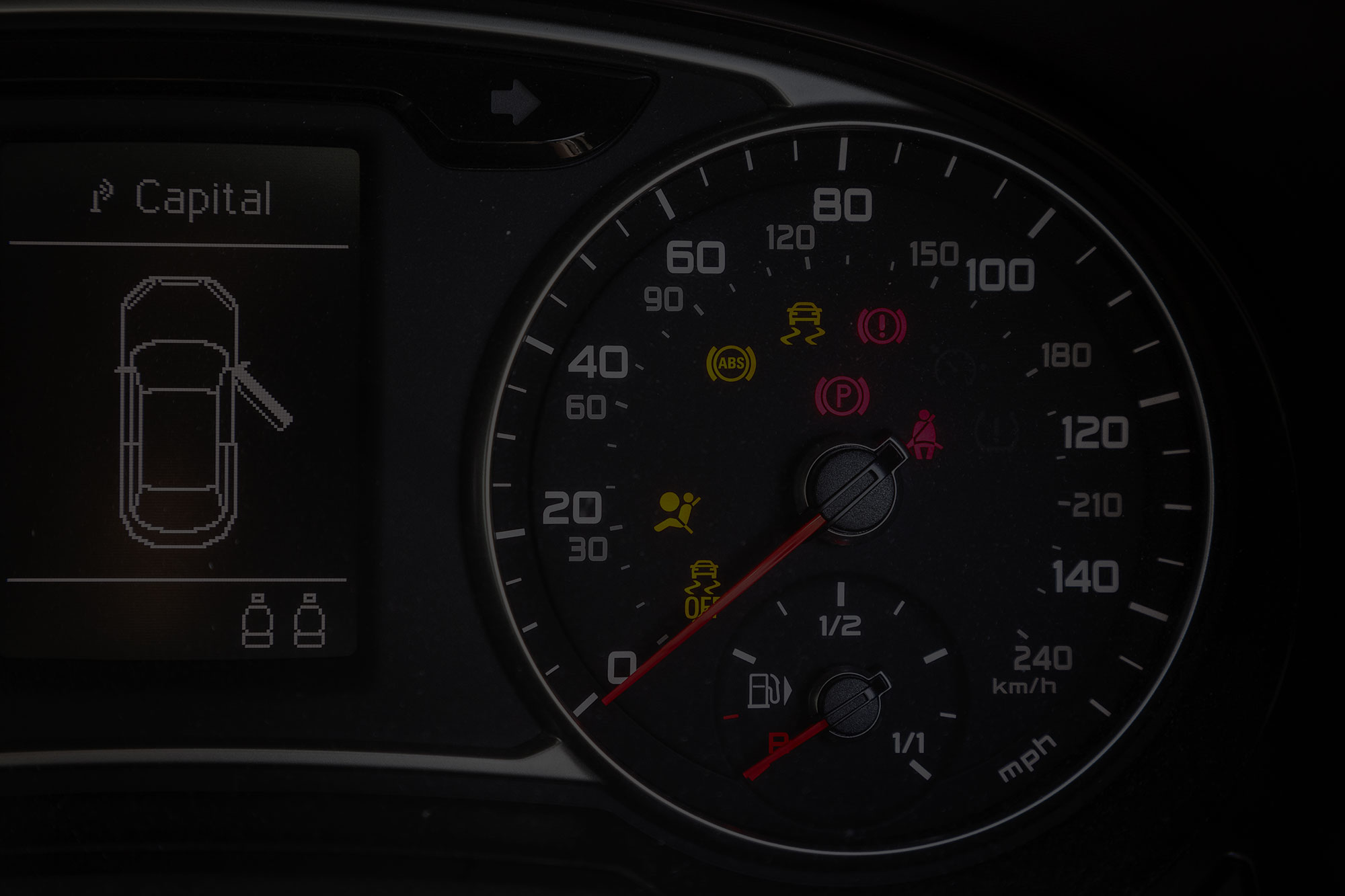The MOT debate - the pros and cons of the annual car check

According to recent reports, motorists are ‘wasting’ £250million a year on what national newspapers have referred to as ‘rip-off’ checks and ‘unnecessary repairs’.
Alongside recent pressure from the Adam Smith Institute, the debate has been pushed on to ministers urging them to completely remove the MOT test, claiming that the process is now outdated and was described as a ‘classic case of poor policy’. The ASI stated that they believe that the government is not aligned with the 21st century, in which there needs to be a bigger focus on driver error, rather than solely focussing on mechanical issues.
Cost savings
If the annual MOT were to be removed, it is predicted that drivers would save roughly £180 on average, per year, however, they may find themselves more susceptible to mechanical failures due to the vehicle no longer being regularly checked. Ultimately, saving money on no longer putting your car through an MOT could result in problems going undetected for longer, resulting in an increased amount of damage, which only becomes apparent when the issue begins affecting performance or is obvious in appearance.
Another suggestion from the report suggests that if the MOT were to be extended to once every three years, that ‘accidents in the UK would not rise’, as just 2% of motoring accidents are caused by a mechanical failure. The onus should then be shifted onto driver safety with the report urging ministers to invest in resources to further develop driverless cars which would aim to eliminate driver error, by utilising an AI system instead.
Safety first
The AA argues that scrapping the MOT tests would be a dangerous move that could potentially lead to more deaths on the road as well as serious injuries. Despite the fact only a small percentage of road accidents are caused by mechanical error, we could see a rapid increase in this if MOT’s were to be removed or extended.
Removing the necessary safety checks would result in huge numbers of vehicles on the road that are actually unsafe to drive. From seatbelt safety to emissions, scrapping the MOT process could result in serious issues across the board, from injuries to pollution. With over a third of all cars and vans taken in for their annual MOT failing every year, it is clear that the tests are in fact highlighting key issues with the vehicles ahead of the issues becoming apparent and causing real problems.
The future of the MOT
Whilst the future of the MOT may not be clear, it is apparent that it could benefit from a review which would increase the testing scope and aim to educate drives more on ensuring their safety whilst driving.
In May, the MOT was amended to include a number of new checks alongside alternative means of testing to make the assessment more effective. New defect types were added to the list of checks, rules for diesel emission cars became tighter and vehicles over the age of 40 years old became exempt from the annual checks. New additions to be performed under the standard MOT include checking;
- If tyres are obviously underinflated
- If the brake fluid has been contaminated
- For fluid leaks posing an environmental risk
- Brake pad warning lights and if brake pads or discs are missing
- Reversing lights on vehicles first used from 1 September 2009
- Headlight washers on vehicles first used from 1 September 2009 (if they have them)
- Daytime running lights on vehicles first used from 1 March 2018 (most of these vehicles will have their first MOT in 2021 when they’re 3 years old)
For now, the standard MOT is in place, but in the future, we may see further changes be undertaken to improve its efficiency. We may also find ourselves, as drivers, subjected to more frequent testing and education when it comes to driving safely, in order to reduce accidents and create safer roads.



















